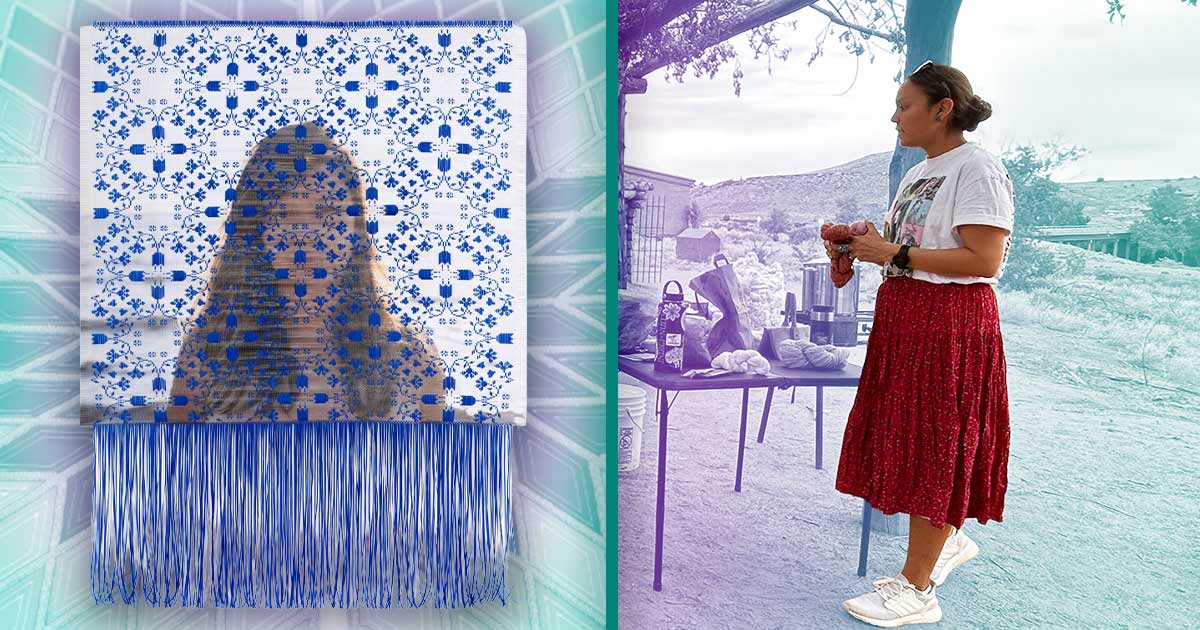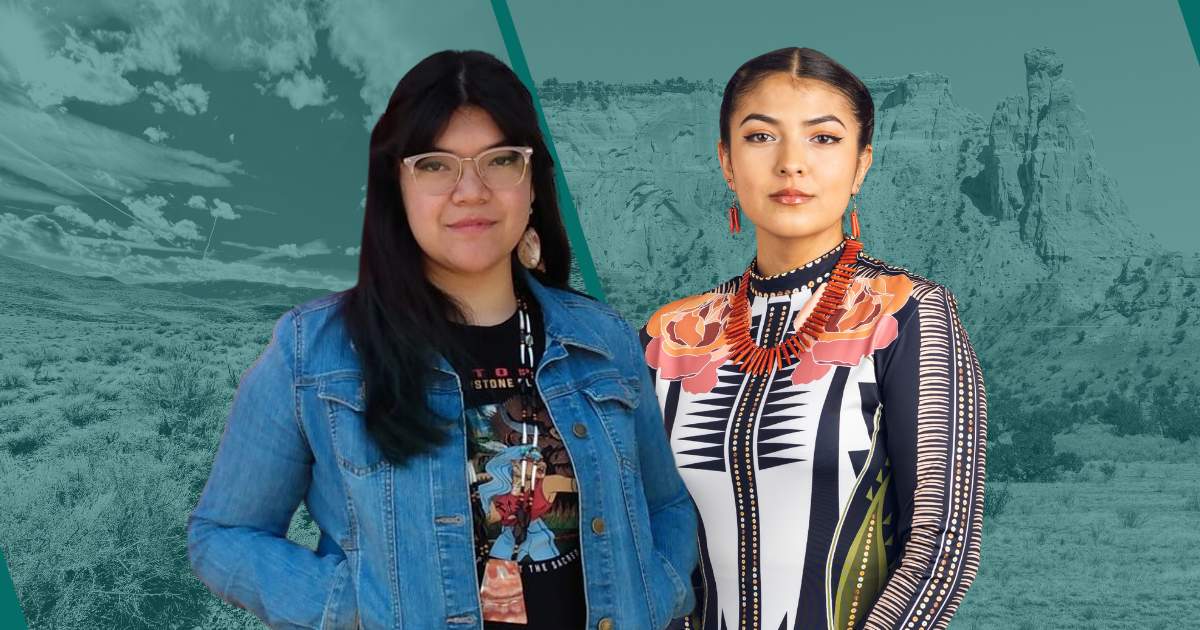
Beyond Learning to Speak the Language
Northern Arapaho and African American poet CooXooEii (pronounced Jaw-Kah-Hay) Black grew up with family in close proximity on the Wind River Indian Reservation in Wyoming. His mixed-race heritage and his family heavily influence his poetry. Over the past few years, he has focused on learning the Arapaho language and ceremonies. The language and ideas surrounding their ceremonies are an inspiration for most of his writings.
CooXooEii is currently attending Colorado College, graduating in the spring of 2020 with a degree in creative writing. He is a 2020 First Peoples Fund Cultural Capital Fellow.
“I believe [readers] will get an idea of how poetry can pass on ancestral knowledge and lead to self-discovery,”
“Am I saying this right?”
Last summer, CooXooEii sat with his grandmother in her house on the Wind River Indian Reservation. Language worksheet in hand, he practiced his daily lesson with her. They went through fluctuations and the hard-hitting syllables.
But CooXooEii was discovering more than the proper way to speak the language. He connected with his grandmother and who she is.
“I always knew she was a fluent Arapaho speaker,” he says. “But until last summer, when I started practicing with her, hearing her speak it, I realized how powerful the language is and how powerful she is.”
CooXooEii’s goal with his First Peoples Fund Cultural Capital Fellowship is to create a book of 50 original poems that pass on knowledge of his people. As he learns from his elders, people will learn from his poetry.
“The Arapaho language is a descriptive language,” CooXooEii says. “Instead of calling an item what it is, the Arapaho language describes it. For example, ‘coffee’ is woo’teenowuu’ and it is translated as black water or black liquid. The translations sometimes won’t be perfect, but it’s been amazing learning our language because it’s a different way to think of the world. I’ve been focusing more on detail in the things around me. I wonder how an item might be described or understood through imagery. This was powerful for me to learn because I had already used imagery in my poems. So not only has it given me a new way of interacting with the world around me, it’s aided my writing as well.”
Poetry has also been a way for him to engage with his experiences as a racially mixed person living in an Indigenous community.
My Grandpa Speaks Arapaho
when arapaho fills my mouth
my spirit craves to speak
with my grandpa the way he did with his parents.
i'm not fluent.
english tastes bitter when it brushes against arapaho words
and tells them how to work if they want to be in its structure.
i want to speak as if our language wasn't forced from our land
and drowned in bloody-beat knuckles in boarding schools.
our land
our land.
i imagine my grandpa,
my grandpa's grandpa,
and the land that held him.
the same land so crucial to parks
and to hot springs swimming pools.
my grandpa tells me
you have it easier
you have everything you need.
in some ways, i believe him
but it's hard when you realize how much has been lost
what's it like to lose something
you've never completely had?
i've been told if you know your language
you know yourself.
sometimes i'm not sure if i know myself
i've read books on our tribe and never finished them,
have so many questions and never asked them,
ceremonies i have yet to learn,
things i do not recognize
blood i don't know
grandpa, who am i???
don't worry grandpa,
i'm learning our music,
i'm learning our dances,
i speak
whether it's one word or two words,
i'm not fluent,
i've seen our land,
And i still have my hair —
—CooXooEii Black
“I believe [readers] will get an idea of how poetry can pass on ancestral knowledge and lead to self-discovery,” he says. “As I’m teaching my fellow tribal members to process their situations through writing, and teaching them about their heritage, we will all be empowered.”










































































































